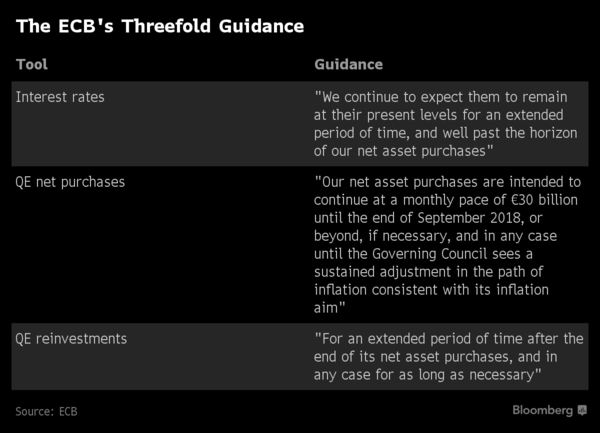
The Bank of England has indicated that the pace of interest rate increases could accelerate if the economy remains on its current track.
Bank policymakers voted unanimously to keep interest rates on hold at 0.5% at their latest meeting.
However, they said rates would need to rise “earlier” and by a “somewhat greater extent” than they thought at their last review in November.
Economists think the next rate rise could come as soon as May.
The value of the pound initially jumped almost 1% against the dollar, but fell back to about 0.5%.
Higher interest rates have an important effect on households and the economy.
Around 8.1 million UK households have a mortgage, and of those almost half are on either a standard variable rate or a tracker rate.
Interest rates on those types of mortgages would be likely to match any increase in official rates made by the Bank of England.
But for savers a move higher by the Bank of England could be a bonus, as High Street banks generally have to raise their rates of interest.
In November, the Bank raised the cost of borrowing for the first time in more than 10 years – from 0.25% to 0.5%.
Its forecasts at the time indicated there could be two more increases of 0.25% over three years.
But it now appears there could be a third increase and those rises could be sooner than expected.
“The Committee judges that… monetary policy would need to be tightened somewhat earlier and by a somewhat greater extent over the forecast period than anticipated at the time of the November report,” minutes from the Monetary Policy Committee’s (MPC) meeting said.
The Bank noted that the global economy was expanding at the fastest pace in seven years and that the UK was benefiting from that growth.
It also thinks that UK wage growth will start to pick-up, giving the economy a further boost.
As a result, the Bank has raised its growth forecast for the UK economy to 1.7% this year, from its previous forecast of 1.5% made in November.
But it says its forecasts are based on a “smooth” adjustment to Britain’s departure from the European Union.
Today the Bank signalled that the old conventions of increasing interest rates when inflation is above target would return.
The cost of mortgages is likely to rise and savers at last will see returns improve.
The economy is stronger, the Bank has made clear today.
But not everything in the garden is rosy.
It points out that the UK economic engine still “remains restrained by Brexit-related uncertainty” which is “the most significant influence on the economic outlook”.
We are driving along with the hand brake half on.
Growth is modest by historic standards and the UK has gone from the fastest growing economy among the G7 largest global economies to the slowest.
Rate rise timing
Economists think it is likely that the next rate rise will come in May, but are not certain.
“All told the MPC has signalled to markets that a May rate hike is under active consideration, but is far from guaranteed… we still think that the MPC will hold back until August,” said Samuel Tombs, chief UK economist at Pantheon Macroeconomics.
Paul Hollingsworth, senior UK economist at Capital Economics said: “Today’s releases pave the way for an interest rate hike in May, and we think that the MPC will hike a further two times this year, taking Bank Rate to 1.25%.”
Official figures last month showed that the economy grew 0.5% in the last three months of 2017, which was faster than economists had been expecting.
Unemployment remains low at 4.3% and inflation edged lower in December to 3%.
The Bank also released the letter sent by governor Mark Carney to the Chancellor of the Exchequer, Philip Hammond, to explain why inflation had breached the target rate of 3% in November.
In the letter, Mr Carney said that higher inflation was “almost entirely” due to the effects of a rise in the prices of imports, caused by the fall in the pound’s value after Britain voted to leave the European Union.
The chancellor replied by stressing the importance of boosting UK productivity and the government’s efforts to make that happen.
Source: BBC



